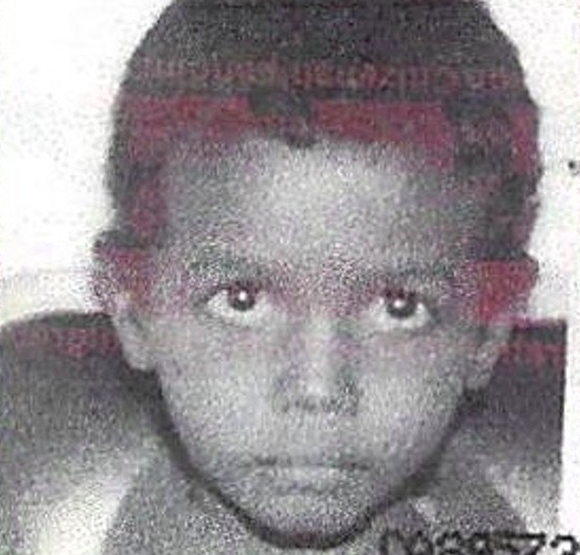The provincial inquiry into systemic abuses at the Nova Scotia Home for Colored Children shouldn’t be granted
So says Irvine Carvery, who believes the systemic failures that lead to decades of abuse at the Dartmouth orphanage are the same problems that have left Abdoul Abdi awaiting deportation.
“This young man’s story is that story,” says Carvery, a longtime advocate for African Nova Scotians and former resident of Africville.
The Nova Scotia Home for Colored Children was responsible for
An inquiry council was created for the ongoing investigation into how systemic failures led to abuse at the Home. But Carvery feels the
“This young man is a victim of Community Services,” Carvery said at a Black Lives Matter event held last week. “The very same institution that was responsible for the Nova Scotia Colored Home, and yet I don’t hear anything from the [inquiry]—the voice that should be speaking out.”
An extension request made last week by the inquiry for another year of investigation shouldn’t be granted until Abdi’s case is resolved, says Carvery.
The 23-year-old Abdi came to Canada at the age of six from
Abdi’s lawyer, Benjamin Perryman, says the department’s approach to children in its care is “ad-hoc” with no official policy or data collection on immigrant kids who move through the system.
“The approach taken in Nova Scotia is almost guaranteed to produce more cases like
Abdi’s predicament is a “real live systemic issue,” according to Carvery, that the inquiry is refusing to address. Publicly coming out in support of Abdi would go a long way, he says.
“The silence is deafening.”
Tony Smith, one of the inquiry council’s co-chairs and a survivor of abuse at the Home, counters that they simply don’t have the mandate or scope to look at every individual case.
“There are 330 of us who came forward,” he says. “Can you imagine if we were to look at each and every individual case of what they went through? We would be here forever.”
But Smith does see similarities between what happened
“Hopefully this, in and of itself will be a learning experience.”
The

